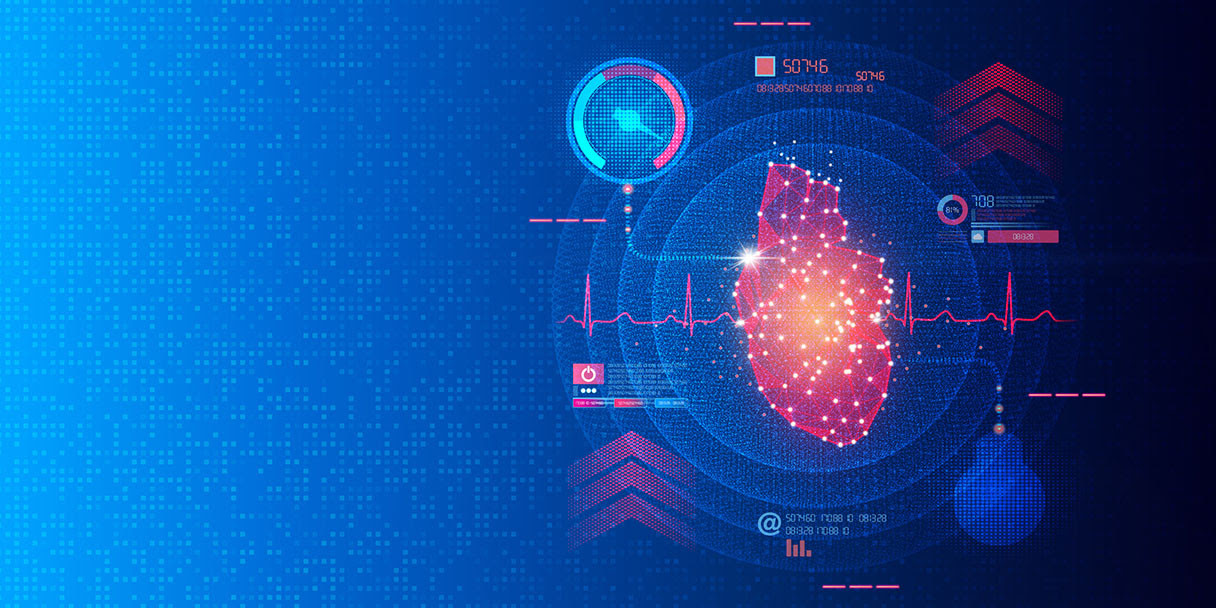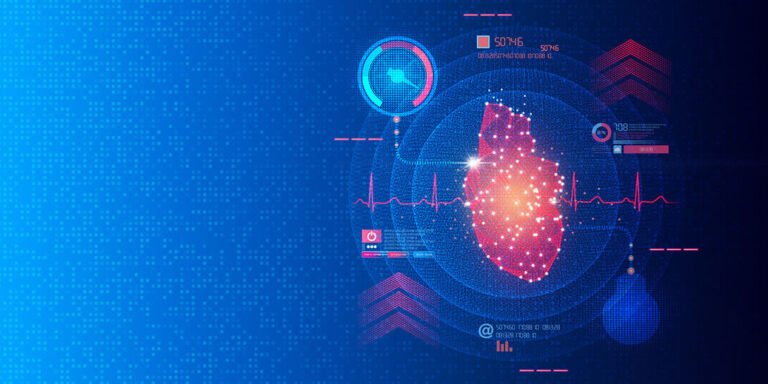
What you need to know:
– New research from Cedars-Sinai uses artificial intelligence (AI) with low-dose computed tomography (CT) scans to quickly and accurately measure heart fat, a promising tool for predicting and preventing heart disease We provide
– This technology was identified by the Department of Medical Artificial Intelligence and Cedars-Sinai’s Biomedical Imaging Institute to help doctors better understand and manage their patients’ risk of heart disease.
AI accurately assesses heart fat volume and density
Researchers enrolled 8,781 patients from four clinical sites into the study. None of the patients had coronary artery disease, a type of heart disease, at the time of the study, so all underwent cardiac imaging. The main findings of the study are:
Faster and more accurate: AI measures heart fat in less than 2 seconds. Manually it takes him 15 minutes.
More powerful risk prediction: The larger and denser the heart fat, as measured by AI, the higher the risk of heart attack and cardiovascular death.
Large amounts/dense heart fat: People with more and denser heart fat had an almost three times higher risk of heart disease.
Verified by research: The results of the AI tool were consistent with previous studies and held even after accounting for other risk factors.
“These findings validate the use of AI for rapid and accurate cardiac fat measurements and highlight the potential for a transition to more AI-assisted diagnostic methods in cardiology.” Cedars-Sinai Medical said Sumeet Chu, MD, Director of Artificial Intelligence. Deputy Director of the Smit Heart Institute.
Advantages of AI measurement
– Faster evaluation: Save doctors valuable time and improve patient experience.
– Improved accuracy: Reduce potential human error in manual measurements.
– Early prediction of risks: Helps identify patients at high risk for heart disease early.
– Personalized management: Allows doctors to tailor treatment plans to individual patients.


